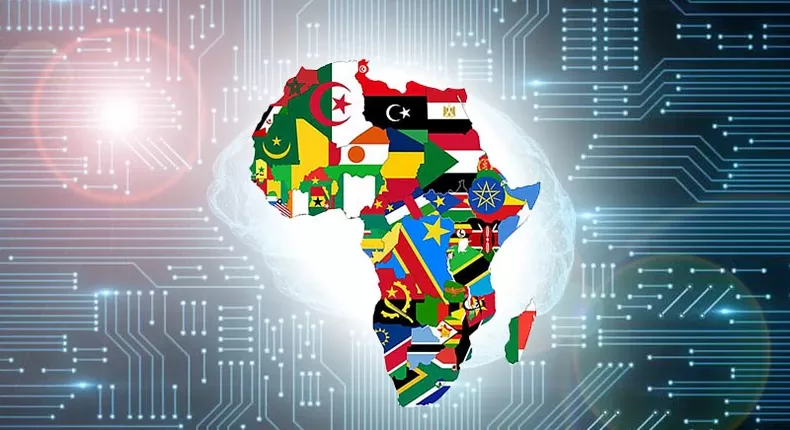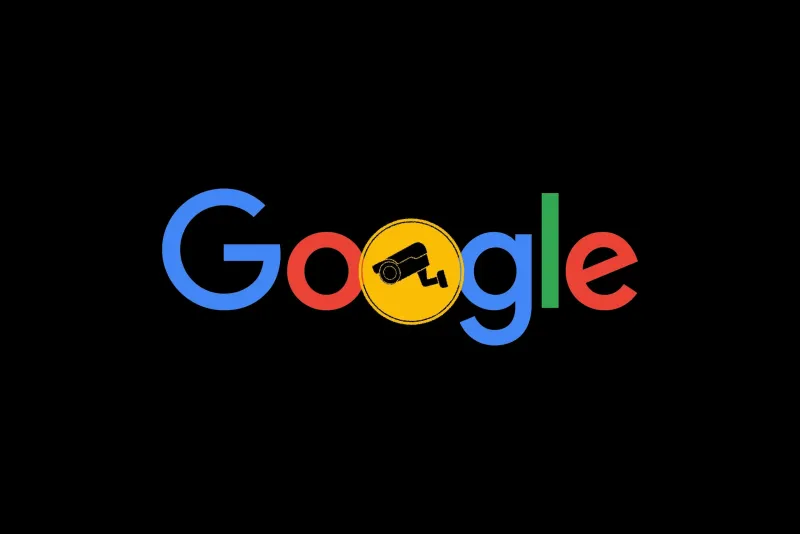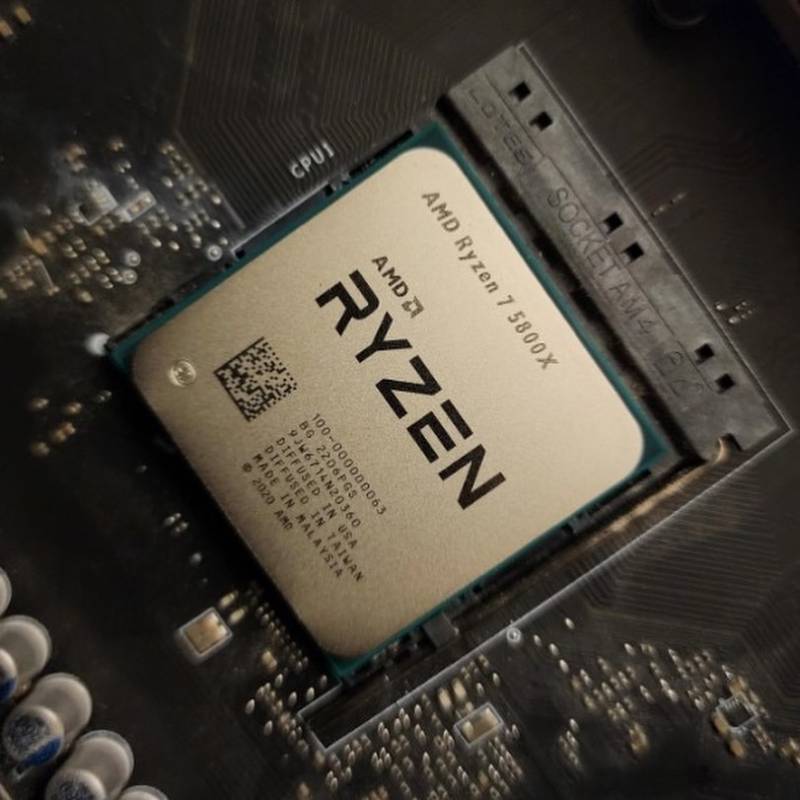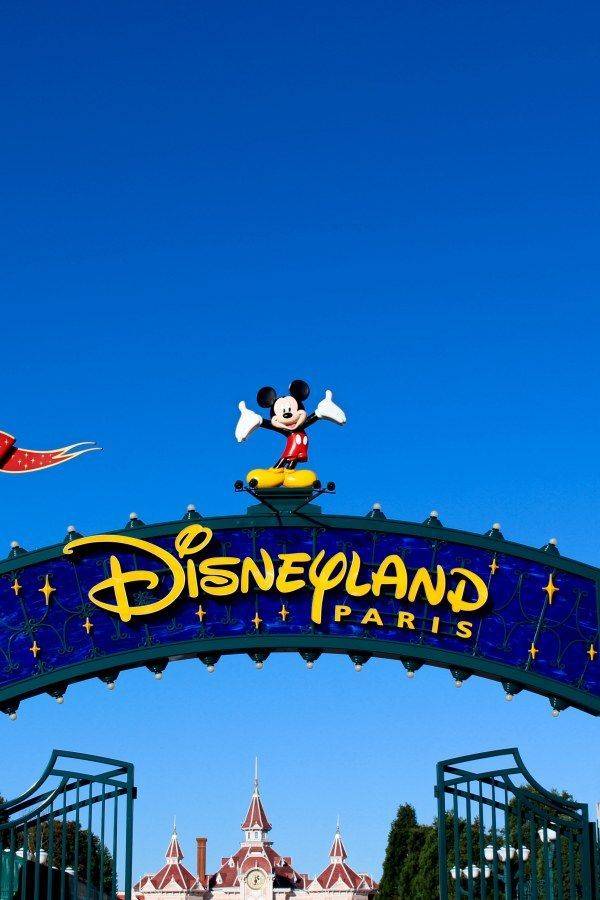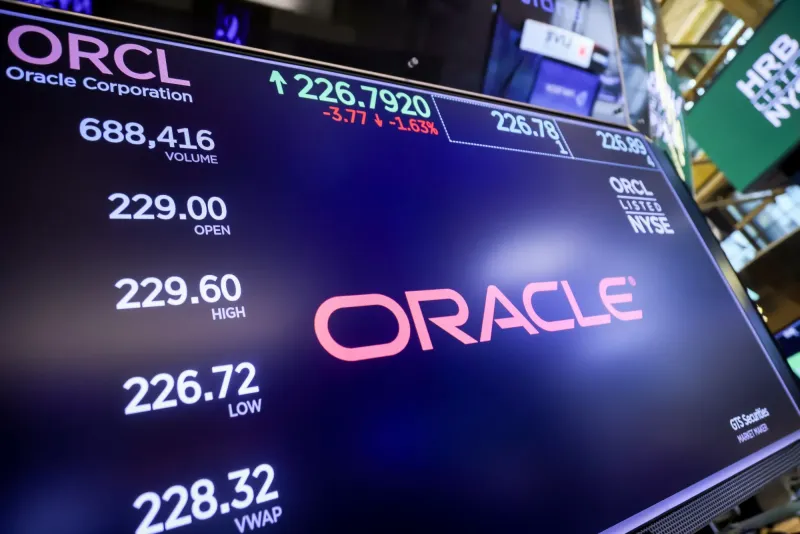Internet freedom is crucial in modern society, enabling individuals to access information, communicate with others, and express themselves freely online. While some countries have strong internet freedom, others have more restrictive policies, limiting access to certain websites and censoring online content.
Read Also: Why the counterfeit business is booming
According to a new study by Proxyrack, a data collection company, Nigeria has the strongest internet freedom in Africa. The survey gives countries a score out of 100 for the internet freedom citizens enjoy, including the extent to which they face restrictions on the content they can access. Other factors considered were the extent of banning and restrictions of torrents, pornography, political media, social media, VPNs, and messaging and VoIP apps, Premium Times reported.
In Africa, Nigeria takes the top spot with an internet freedom score of 57 out of 100. Conversely, Egypt ranked bottom on the list with an internet freedom score of 27, thanks to its relatively low proportion of citizens who use the internet.
Globally, the UK is the country with the most internet freedom, scoring 79 out of 100. The UK mainly has laws to protect users from harmful or illegal content and hate speech, although some critics have suggested these are too broad and could limit freedom of expression online. In some countries, internet service providers can restrict access to certain websites or slow the connection speed for certain services.
For example, countries such as China and Iran have high levels of internet censorship, restricting access to specific websites and social media platforms, and heavily monitoring online activity. In these countries, individuals face punishment for expressing dissenting views or engaging in political activism online.
